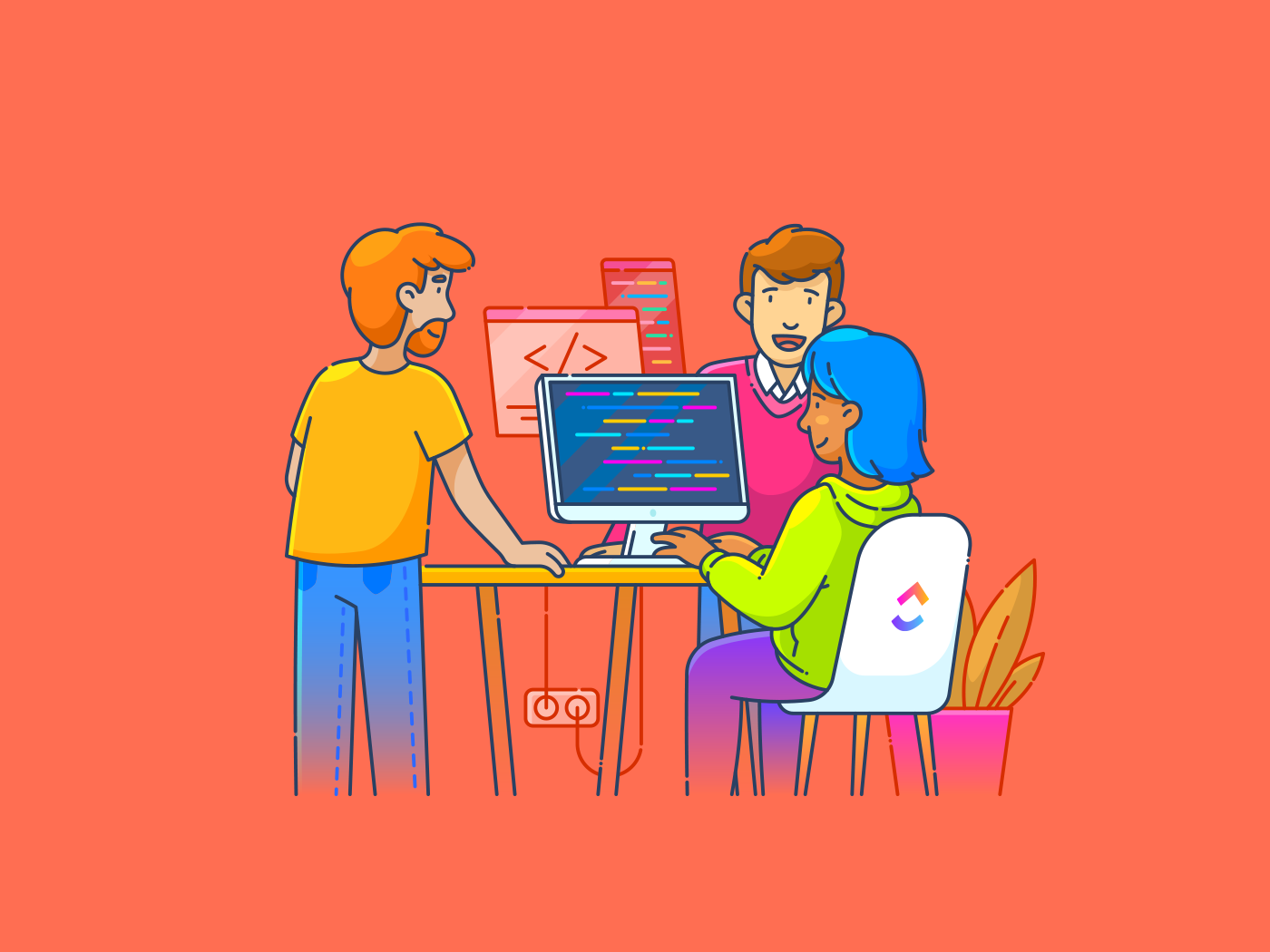What happens when a small team with a modest budget takes on the titans of artificial intelligence? San Francisco-based Sentient, a decentralized AI developer backed by Peter Thiel’s Founders Fund, announced the upcoming launch of Open Deep Search (ODS), an open-source AI framework poised to outstrip Perplexity in search and reasoning capabilities. With a waitlist of 1.75 million users for its Sentient Chat tool, the company is betting that transparency and community-driven innovation can rival the closed-source giants dominating the industry.
Sentient’s move comes at a time when AI development is often shrouded in secrecy, controlled by corporations with deep pockets. ODS, first unveiled to over 1,500 developers at the Open AGI Summit during ETH Denver, promises to shift that dynamic. By making this technology freely available, Sentient aims to empower developers and users alike, challenging the notion that cutting-edge AI requires billion-dollar budgets or proprietary walls.
How Does Open Deep Search Stack Up Against Perplexity?
Open Deep Search isn’t just a theoretical experiment—it’s a tested framework that outperforms Perplexity and its Sonar Reasoning Pro variant in key areas. Industry benchmarks like FRAMES, which evaluate multi-step reasoning, show ODS excelling where others falter. It also holds its own in SimpleQA tests, matching OpenAI’s search capabilities for straightforward, factual queries. This dual strength in complex reasoning and basic search sets it apart in a crowded field.
Himanshu Tyagi, co-founder of Sentient, frames this as a deliberate provocation. “The release of Open Deep Search is a milestone in our mission to make AI accessible to everyone,” he said. “Open-sourcing a framework that outperforms industry leaders like Perplexity throws down the gauntlet to closed-source AI developers while giving developers access to a powerful primitive that frees them to create the applications they’ve always dreamed of.” The numbers back him up: ODS was built on an $85 million seed round—significant, but a fraction of the resources wielded by competitors like OpenAI or Perplexity.
For now, ODS remains in the hands of early testers, with Sentient planning weekly updates and a broader rollout through Sentient Chat over the next two months. The question lingering is whether its performance will hold as more users stress-test its limits, but initial results suggest it’s a contender worth watching.
Why Is Sentient Betting on Open-Source AI?
Sentient’s decision to open-source ODS reflects its broader ethos, rooted in decentralization and community ownership. Founded by Sandeep Nailwal, a former Polygon co-founder, the company emerged from Sentient Labs with a vision to break AI away from corporate gatekeepers. The $85 million seed round, co-led by Pantera Capital and Framework Ventures alongside Founders Fund, fueled this ambition, but it’s the open-source model that defines its strategy.
This approach contrasts sharply with the closed ecosystems of most AI leaders. Perplexity, for instance, guards its tech behind subscriptions and proprietary systems, while OpenAI’s vast resources—bolstered by Microsoft’s backing—keep its innovations largely under wraps. Sentient argues that ODS proves open collaboration can match or exceed these efforts. “ODS is a testament to what’s possible when innovation meets decentralization rather than being gatekept by billion-dollar budgets,” Tyagi said, pointing to its ability to level the playing field for Web3 developers.
The gamble isn’t without risks. Open-source projects can struggle with funding, maintenance, and fragmentation as communities diverge. Yet Sentient’s early traction—660,000 users engaging with its Dobby model and a record-breaking waitlist for Sentient Chat—suggests a hunger for alternatives that prioritize accessibility over exclusivity.
What Does This Mean for the Future of AI Development?
The launch of ODS arrives as AI’s role in daily life grows, from search engines to creative tools. Closed-source models have driven much of this progress, but their opacity raises questions about control, bias, and access. Sentient’s open-source push could shift that balance, offering developers a foundation to build applications without the constraints of licensing fees or restricted APIs. Think decentralized chatbots, custom search tools, or niche reasoning engines—all powered by ODS.
This isn’t just a technical shift; it’s a philosophical one. Peter Thiel, a known advocate for disruptive innovation, likely sees Sentient as a test case for his broader vision of dismantling centralized power structures. The involvement of Founders Fund, alongside crypto-focused firms like Pantera, ties ODS to the Web3 movement, where blockchain and AI increasingly intersect. If successful, it could inspire more projects to follow suit, chipping away at the dominance of tech giants.
Still, the road ahead isn’t clear-cut. Perplexity and OpenAI have established user bases and refined products, while Sentient must prove ODS can scale without losing its edge. Competition in AI is brutal, and even a strong start doesn’t guarantee longevity—especially against rivals with deeper reserves.
Where Do I Stand on Sentient’s Bold Move?
From my vantage point, Sentient’s launch of Open Deep Search is a refreshing jolt to an industry that’s grown comfortable with consolidation. The fact that a team with limited resources can outpace Perplexity in benchmarks speaks volumes about the potential of open collaboration. I’m intrigued by the idea of developers worldwide tinkering with ODS, crafting tools we can’t yet imagine. It’s a democratizing force in a field that often feels elitist.
That said, I’m skeptical about its staying power. Open-source projects can falter without sustained support, and Sentient will need more than a waitlist to fend off the giants. My gut tells me this is a pivotal moment—proof that innovation doesn’t need a billion-dollar shield—but it’s also a fragile one. If Sentient can keep its momentum and avoid the pitfalls of overreach, it might just rewrite the rules of AI. For now, I’ll be watching those weekly updates with keen interest, rooting for the underdog to shake things up.
Don’t forget to like and share the story!
Vested Interest Disclosure: This author is an independent contributor publishing via our










